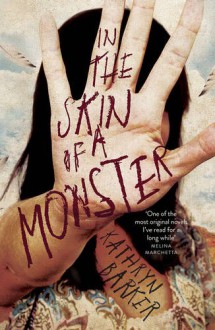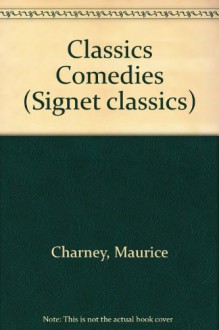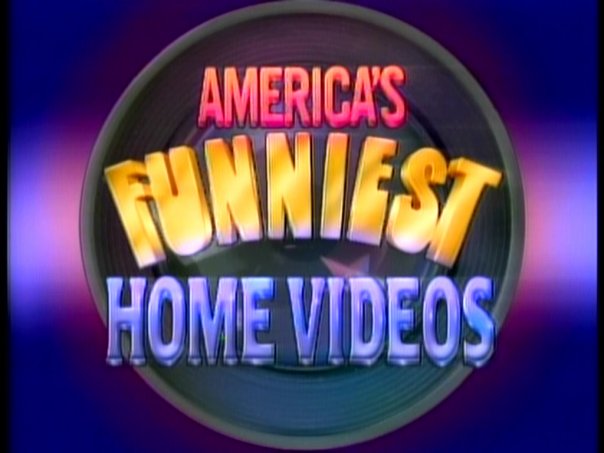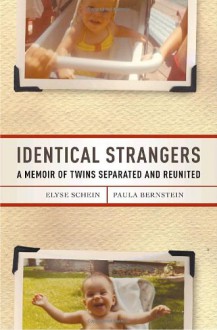
I first picked this book up because it was about a mass shooting. This is not a subject I know a lot about expect that it seems to happen quite a bit in America, so I find it an interesting topic, horrible but interesting. In the Skin of a Monster had an extra element - the shooter was one half of an identical twin, and her sister is still alive. Now that alone intrigued me, this poor girl, having to deal with all the emotions and fall out from the shooting, while looking like the shooter? I'm pretty sure it couldn't get worse.
Well what can I say, this book was nothing like I expected. For one it has a paranormal element which was totally left field. When the paranormal element made an appearance I admit to being rather disappointed, I thought there was enough interesting things going on already without the need to make something supernatural, plus I had my heart set on realistic fiction. Well let me say I'm so glad this was different! Barker did a superb job of creating the world, characters with a perfect blend of complicated emotions, horror and anticipation. I devoured this book, and couldn't make myself put it down once I got started! Watching Alice (MC) struggle to carry all the guilt and shame that should have never been her to begin with, her twisted belief she deserved all her sisters punishment, and seeing how everything unfolded was just incredible. These brave, responsible kids made this book, I loved every moment. If I could rate above 5 stars I would! I kind of wished it never ended.
IMO I can see how some people may be disappointed with this ending, personally I thought it was rather brilliant, if a little sad. Much more realistic than the usual cliched endings, even if for once I was cheering for things to be different.

 Log in with Facebook
Log in with Facebook 










